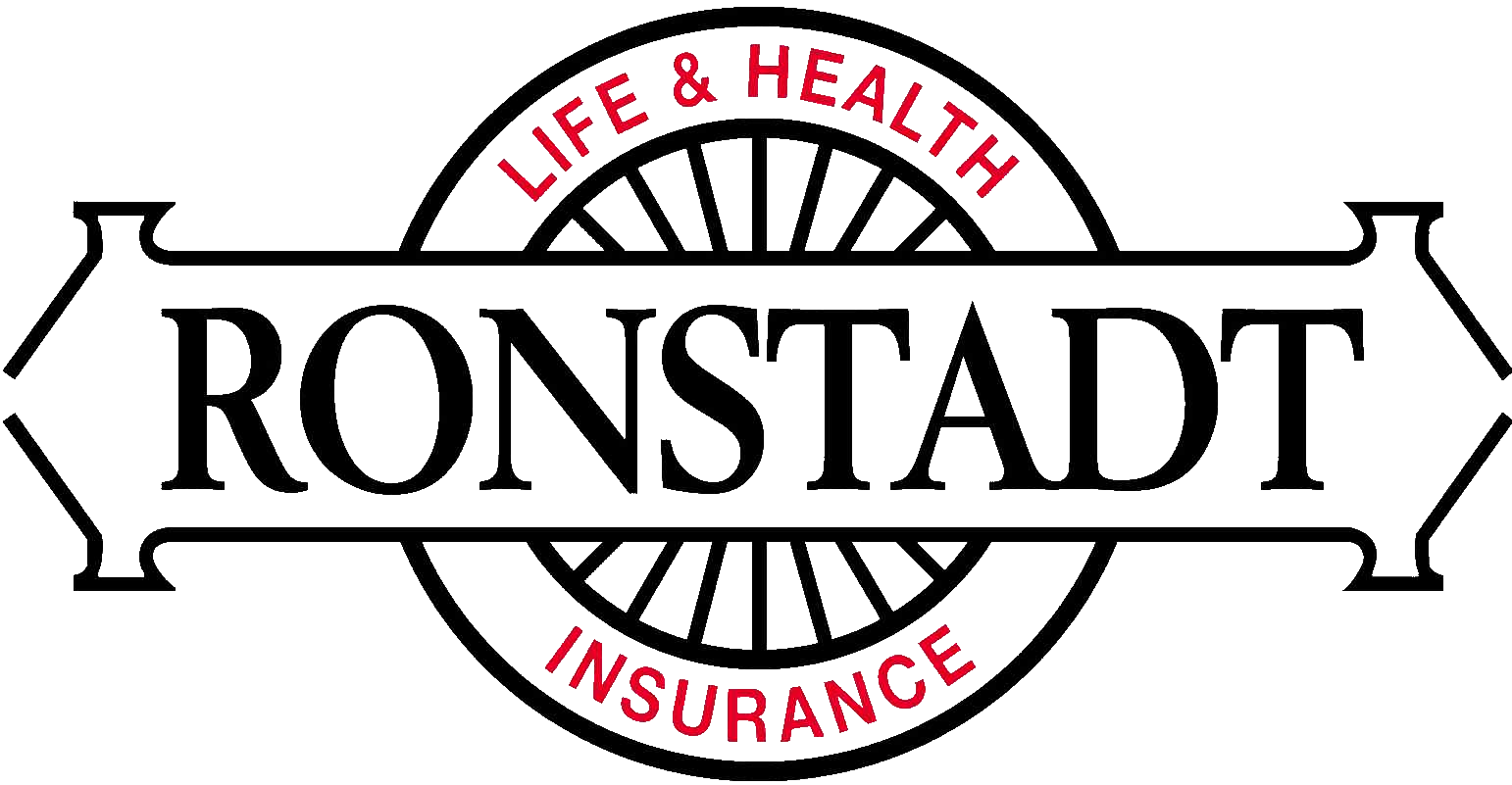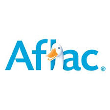Mastering Personal Health Care Literacy and Outcomes
The source discusses the crucial concept of personal health care literacy, defining it as the ability to find, comprehend, and utilize health information to make sound decisions. It highlights that low health literacy is common in the United States, with a substantial majority of Americans lacking proficient skills, and categorizes individuals into four distinct literacy levels ranging from Proficient to Below basic. The text outlines various health care literacy challenges, such as numeracy struggles, reading difficulties, embarrassment, and complicated medical jargon, which prevent effective understanding. Furthermore, the document explains why health literacy matters, linking low proficiency to negative health outcomes and poor decision-making. Finally, the source provides a list of actionable tips for improving health care literacy, including preparing for appointments, asking questions, and responsibly utilizing technology and community resources.

















